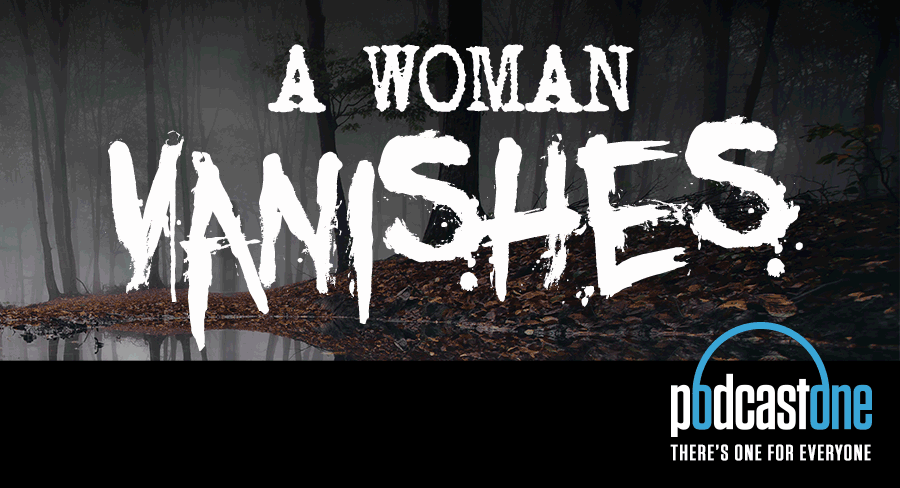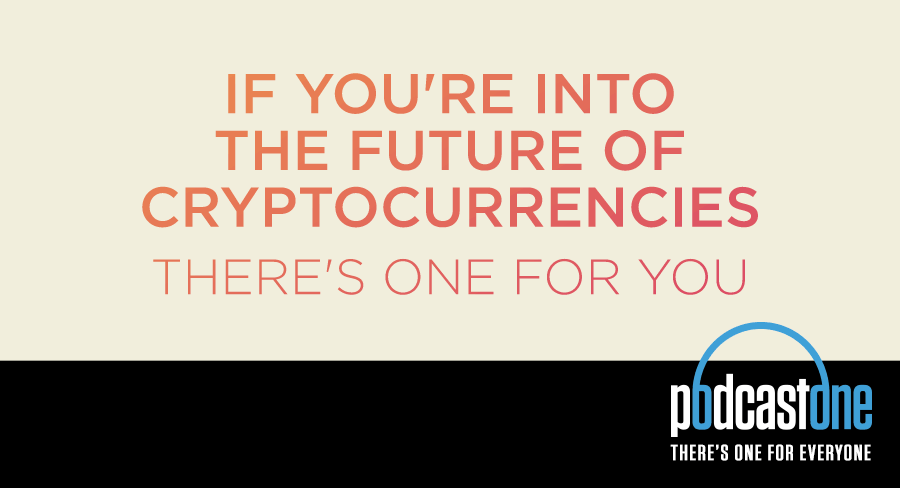Sports broadcaster Mark Howard got into podcasting several years ago after he secured an interview with F1 driver Lewis Hamilton for Network Ten during the Melbourne Grand Prix.
“The interview ran for over 20 minutes, but because of the time constraints on modern sports television we were only able to screen about five minutes of it,” Howard recalled to Mediaweek.
“I was very frustrated and told a mate there is close to 20 minutes of Lewis Hamilton that no one will ever see. He told me I should do podcasts with the people I get to chat with. Can you believe just two years ago I actually said to him, ‘What’s a podcast?’”
Howard knows all about a podcast these days.
The Howie Games has extended his relationship with PodcastOne in a new long-term agreement after more than 9.5 million downloads in his first year on the platform.
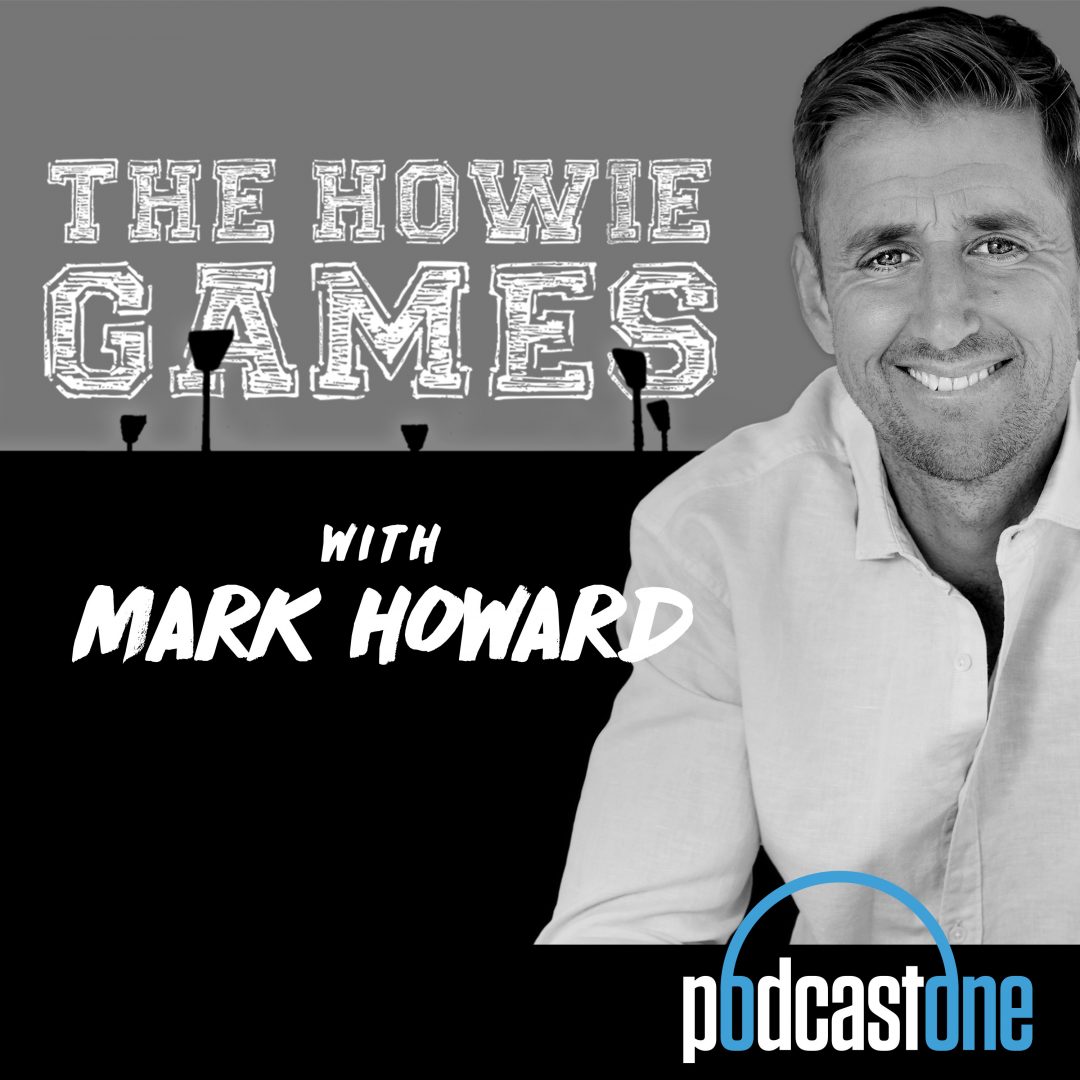
The first podcast Howard ever did was with AFL commentator Dennis Cometti before a game of Friday night football. “I remember deciding on the podcast name in a rush. I was surfing in the morning and was worried about what I would call the podcast when I interviewed Dennis. I had to come up with a name and that was it. I maybe should have given it a bit more time.” [Laughs]
The first podcast he released, however, was an interview with Adam Gilchrist. Signing with PodcastOne makes sense for Howard as he’s been part of the wider SCA family for some time, working on sport at Triple M for close to eight years.
“I was working with a guy called Michael James, who was also working at Triple M, and we did the podcast by ourselves for a year, which was a fantastic learning experience. We initially had no idea what we were doing and we had to produce it, publish it and then market it.
“A year ago PodcastOne came to us and asked if we’d be interested in joining its platform. Hopefully it’s been beneficial to both parties.”
Howard had to think hard about naming his favourite interview so far. “The one that probably made the biggest impression on me was an interview with Ricky Ponting before a Big Bash game last year. [Ponting and Howard were both working on TEN’s coverage of the sport.]
“He recounted the story of one of his children being pretty crook and he started crying. I grew up thinking Ricky Ponting was the toughest man in the world and to see him shed a tear as an emotional father sat with me a fair bit.
“The podcast out of the 50+ so far I most recommend to people is Jack Jones. He is now a 90+ former footballer who played for Essendon and helped them win premierships in the VFL. Before that he fought in Papua New Guinea and his recounting of the war is fascinating. He’s someone the average sports fan would have never heard of.”
Like many podcasters, Howie doesn’t over-prep and write questions down. “I would rather react to what people are telling me than be thinking about the next question.”
One of his longer interviews was with Aussie F1 driver Mark Webber, which went for two hours and was published as two parts. “There’s also an upcoming one with [Aussie NFL star] Ben Graham that is also two hours and we will publish as two parts.
“The best part of the process is chatting to these people and when you are speaking with Mark Webber and he’s happy to keep going I don’t want to stop him.”
Howard is one of the busiest people in sports media with AFL commitments with Triple M and a new cricket deal with Fox Cricket. However, he noted recording podcasts is the favourite of all his media work. “The world of the long-form conversation has started to disappear in my world.”
When Howard finished talking to Mediaweek he was off to speak to new Australian cricket coach Justin Langer.
Listen to The Howie Games here.
Cryptonomics
One of the more rewarding podcasts you could listen to is one from futurist Mark Pesce, who breaks down the cyptocurrency industry.
“We are about explaining cryptocurrencies and blockchains, and the technology that sits beneath them, in ways that average people understand,” he told Mediaweek.
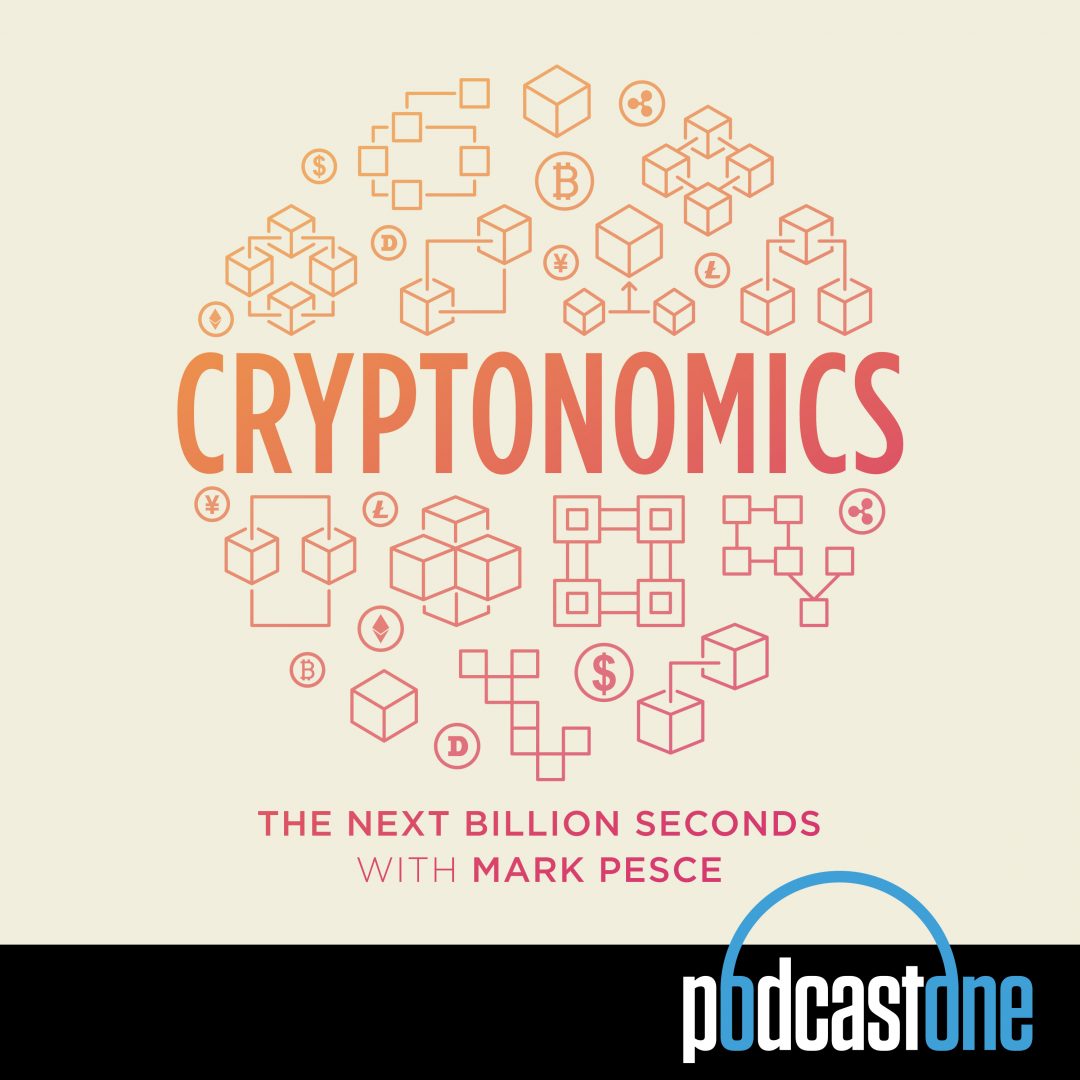
“So when people see these things or are offered an investment, which is happening more and more, they have the tools to be able to understand – is this real, is this wise – and ask does this work?
“More and more of our personal data will be stored in blockchains and people will understand what that means. We are touching on the way that individuals will be impacted, not just by the financial system.”
Pesce said blockchains are the next big thing in accounting. “In a recent episode we did the history of 6,000 years of keeping track of things. People used to use clay tablets and then much later dual entry bookkeeping. The blockchain is the next big invention in accounting. It is a really good way to do secure accounting. And people are finding a lot of uses for that.”
Pecse reinforced that listeners don’t need any specialist knowledge before listening. “This is for everyone. We designed it so that anyone with any level of knowledge will be able to get a better understanding.
“People think they might need specialist knowledge and have to be an insider. We are saying that is not the case. We think it is important for everyone to learn.”
Every episode features a specialist interview. In episode one that was with Mark Jeffrey, an early proponent of bitcoin. “He tells us how he found out about it and where he thinks it is going.
“The second episode features Ron Tucker, who is the head of the digital currency association of Australia. He also set up the first bitcoin trading exchange.
“One of the points I wanted to make was that, when there is a gold rush on, it is the people who are selling the picks who are making the money.”
One of the big questions Pesce addresses in a recent episode is why these currencies have value. “People need to be able to assess it and explore why it is valuable and answer why they would want it.”
A final message for Mediaweek readers dabbling in bitcoin: “The old-fashioned rules of investing apply. If you don’t understand it, don’t invest in it. It’s just common sense but it’s amazing how few people are saying that.”
Podcast recommendation: Mum Says My Memoir is a Lie
Imagine growing up with mentally ill, drug and alcohol-addicted parents, writing a memoir about all the crazy things that happened and then when your mum gets sober she insists the memoir is a lie.
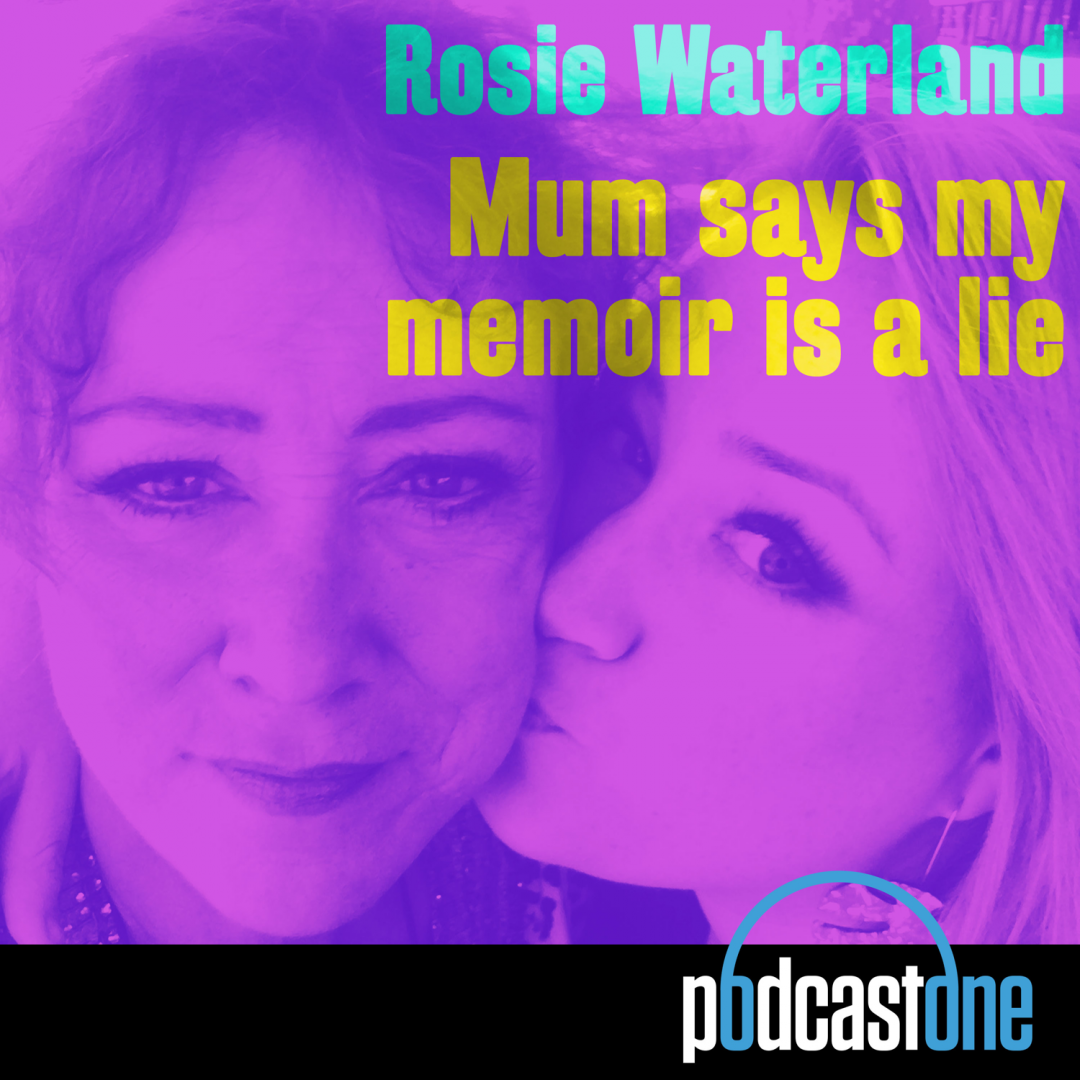
That is exactly what Rosie Waterland’s ACRA-nominated podcast is about and it is hilarious, and hard to stop listening to.
Rosie revises her memoir about her troubled childhood with her mother for the first time, in real time, on the podcast, and her mum chimes in to correct the facts in it. Quite often the truth is much more bizarre than Rosie’s version in the memoir!
Each episode of the podcast corresponds with one chapter of the book and allows Rosie and her mum to revisit the past and gradually rebuild their relationship now that Rosie’s mum is in her longest period of sobriety in Rosie’s memory.
Listen to My Mum Says My Memoir Is A Lie here.
